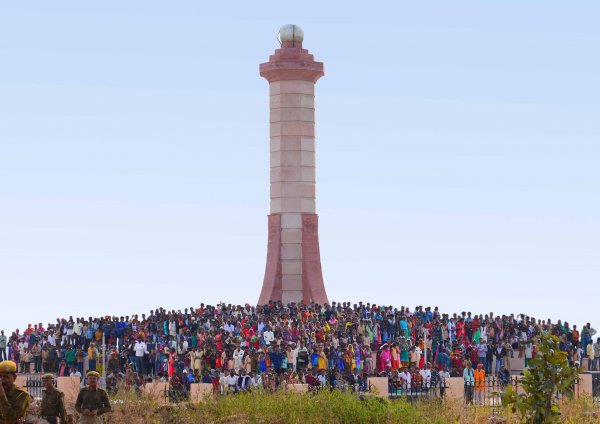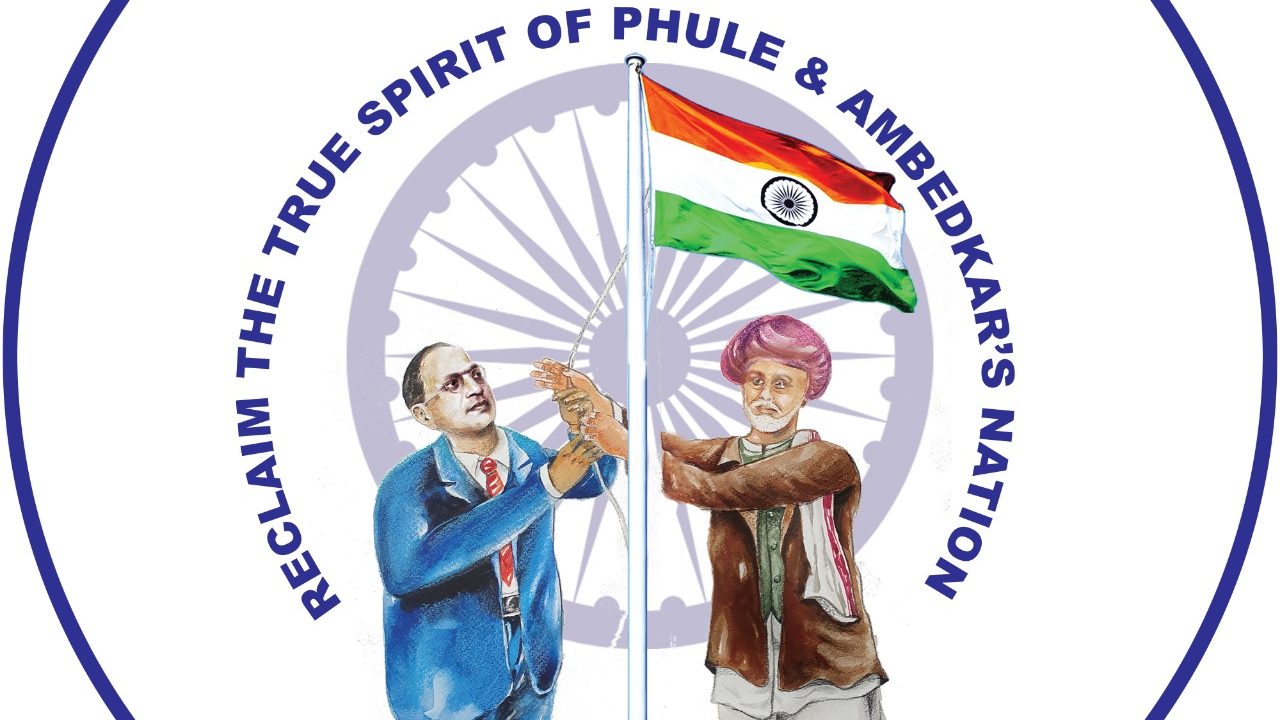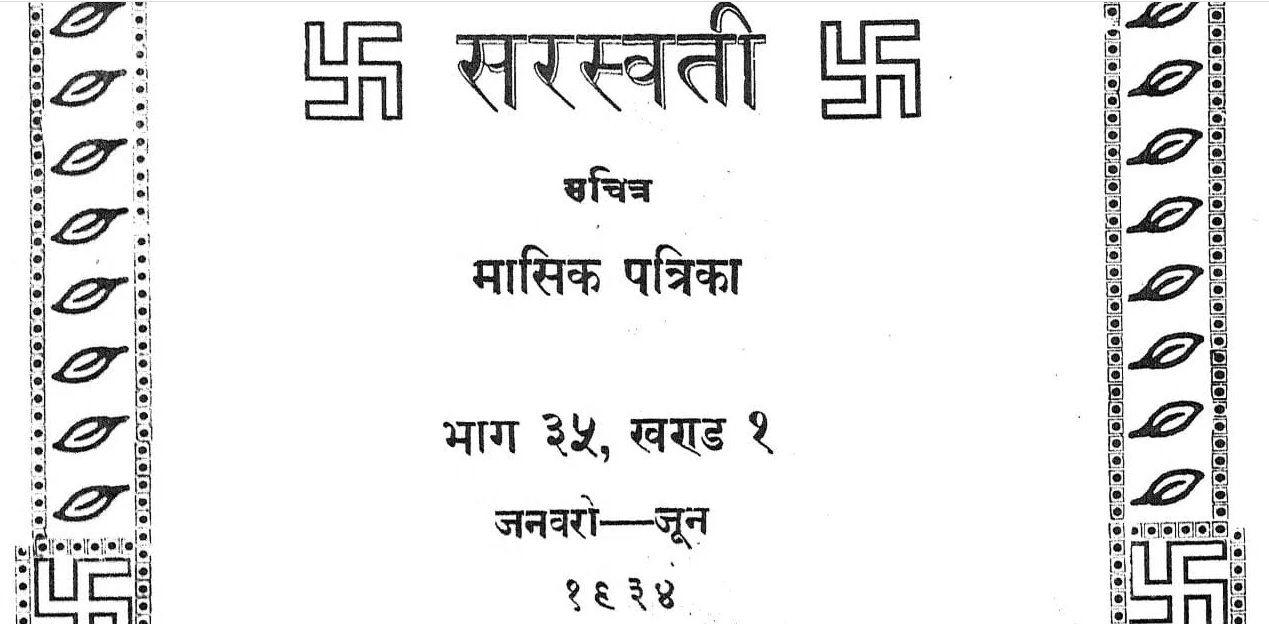The original inhabitants of this country have been inextricably associated with nature. The Mangarh
hillock, located on the Gujarat-Rajasthan border and the life of the local hero Govind Guru only proves this.
Govind Guru was born on 20 December 1858 at Bedsa village in Doongarpur district into a non-tribal Banjara family. In 1903, he founded an organization called Samp Sabha. The word Samp means interaction and giving up evil practices. Under the leadership of Govind Guru, this mission was taken ahead and Mangarh became its centre. The centre worked for making the tribals aware of their culture. The disciples of Govind Guru do not believe in idol worship. They do not believe in any god either. They are nature-worshippers.

Govind Guru also tried to organize the tribals. He succeeded in his endeavour to such an extent that the
then ruler of Doongarpur sought the assistance of British army. With the aid of the British army, around
1500 unarmed tribals were massacred on the Mangarh hillock and Govind Guru was taken prisoner. He was released in 1923 on the condition that he would not enter the Mangarh area. He passed away on 30 October 1931. His memorial stands at the place where he was cremated. Recently, the Rajasthan government has decided to build a column in the memory of the martyrs of Mangarh.
Published in the October 2014 issue of the Forward Press magazine
Forward Press also publishes books on Bahujan issues. Forward Press Books sheds light on the widespread problems as well as the finer aspects of Bahujan (Dalit, OBC, Adivasi, Nomadic, Pasmanda) society, culture, literature and politics. Contact us for a list of FP Books’ titles and to order. Mobile: +919968527911, Email: info@forwardmagazine.in)
The titles from Forward Press Books are also available on Kindle and these e-books cost less than their print versions. Browse and buy:
The Case for Bahujan Literature
Mahishasur: Mithak wa Paramparayen





